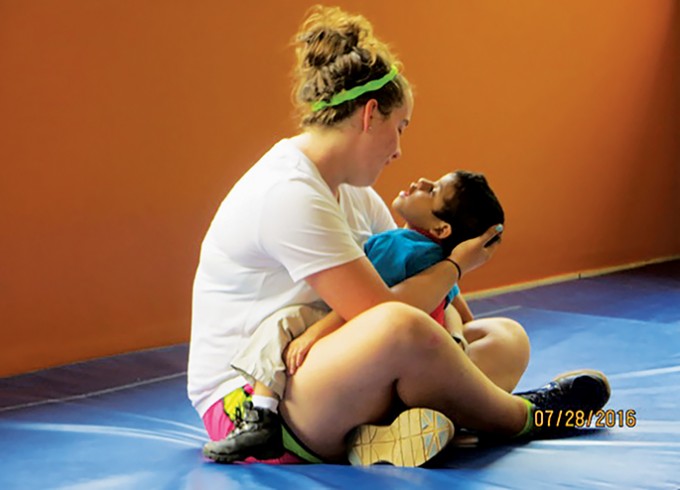Feature
Is a Medical Mission Right for You? A Nurse Reports from Nicaragua
Way outside my comfort zone

Some time ago, my nursing career had advanced to a stage where my duties were mainly administrative and it had been decades since I’d worked as a bedside nurse. I began to wonder if all the knowledge and skills I had honed over the years were still there, and whether the charts and reports that I worked on each day were really helping anyone. As I wrestled with these doubts, some unfocused but intriguing thoughts came into my head. I found myself perking up whenever I heard anything about medical mission trips, good or bad.
The idea of medical missions had never really grabbed me before. In fact, it had been years since I had even thought about sleeping in anything smaller or less comfortable than a queen-sized bed, much less traveling to a country that might not even have reliable running water. However, as my sense of stagnation grew, I started musing, “What would it be like if …?”
While I was still in this “just thinking” phase, I heard that a local youth group was sending volunteers to Nicaragua to build a cottage for Mustard Seed Communities, a nonprofit which operates an orphanage outside Managua for children with cognitive and physical difficulties. While the trip was not technically a medical mission, the focus on young people and children was the hook that slowly drew me in.
Doing Whatever Needs Doing
Initially, I offered to go along to provide first aid and emergency care, picturing the kinds of hammer- and pickaxe-related accidents that can occur with volunteer physical labor. I also envisioned that the suburban college kids might become so traumatized by the surrounding poverty that they could use some mental health advice. Since I already worked at a college health service, I was comfortable with that age group, so I thought this might be a good fit for me.
By chance, a physician had also volunteered his services, so Mustard Seed recognized that they could put the two of us to work doing physical examinations for the orphanage’s resident children. Behind the scenes, the administrators discussed the possibility of having us also see children at another Mustard Seed facility in Diriamba, Nicaragua.
As it turned out, I ended up doing everything from assisting with physical exams for wheelchair-bound residents and caring for a volunteer who came down with food poisoning so severe she lost conciousness to working in the laundry, garden and construction site. We rolled up our sleeves and did whatever needed doing.
Stepping Outside My Comfort Zone
My husband likes to say that when I was preparing for the trip, what I was most worried about was what to wear. That isn’t completely true, but I cannot deny that I did spend a lot of time deciding what to pack, having never been to a tropical country before. Being restricted to carry-on luggage for a whole week also gave me pause.
I was able to work out my wardrobe struggles, but two weeks before leaving, I found out that several of the students going on my trip were taking significant psychiatric medications and more than a few had chronic medical problems. That was when it really hit me that I would have a real responsibility to the students as well as to the orphanage.
Everything about that trip was outside my comfort zone: traveling with a large group of people (there were 25 of us), most of whom were nearly strangers; drinking nothing but bottled water to avoid unfamiliar bacteria; being confronted daily by national police carrying AK-47 assault rifles; and seeing wild tarantulas on the ground.
The Mustard Seed facility outside Managua was surrounded by a high wall topped with concertina wire. The director told us not to worry about safety because there were always three guards on duty at any time, adding, “and one carries a gun.” Of course, from that point on, all I did was worry about our safety! (Nicaragua is the second-poorest country in the Western Hemisphere, so foreign tourists and volunteers can become targets.)



